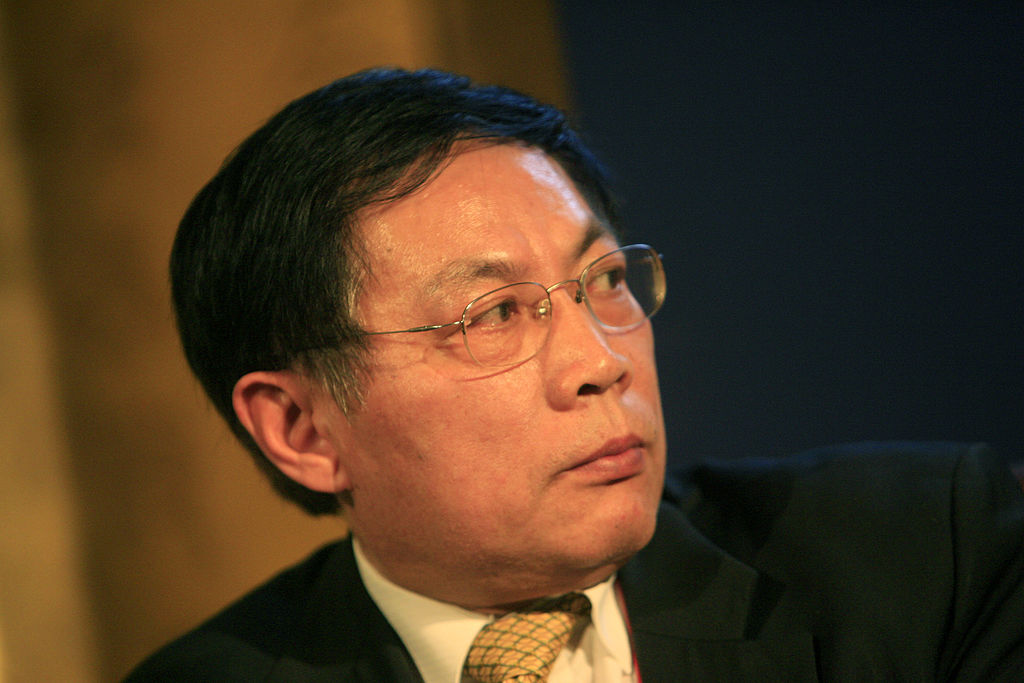
China jailed outspoken property tycoon Ren Zhiqiang for 18 years on graft charges, a Beijing court said, months after he was linked to an article criticizing President Xi Jinping’s handling of the coronavirus outbreak.
Ren, the former chairman of Huayuan Property Co., was sentenced Tuesday on charges including corruption and abuse of power after pleading guilty at trial, the No. 2 Beijing Intermediate People’s Court said. He was convicted of illegally appropriating more than 49.7 million yuan ($7.7 million), accepting more than 1.25 million yuan in bribes and embezzling public funds worth 61.2 million yuan between 2003 and 2017.
The trial sent a warning to any would-be critics of Xi, who has run China since 2012 and amassed more power than any Communist Party leader since Mao Zedong. Ren — the “princeling” son of a former top Commerce Ministry official — built a reputation for sharp commentary on the social media platform Weibo before he criticized Xi’s demands for greater loyalty from state media in 2016 and was suspended from the party.
The 69-year-old businessman has been under investigation since March, when he was widely speculated to be the source of an anonymous article blaming a “crisis of governance” for early efforts to cover up the coronavirus in Wuhan. The piece warned against a growing concentration of power, describing the country’s “great leader” as a “clown with no clothes who was still determined to play emperor.”
While Xi initially urged officials to “understand, tolerate and pardon” some outbursts after the virus lockdowns, authorities have shown less patience since the pandemic put the decades-long economic boom at risk. A prominent Tsinghua University law professor was placed under house arrest after publishing an essay criticizing one-man rule while a retired Central Party School professor lost her pension after giving a speech urging a change of leader.
Authorities have levied an escalating series of charges against Ren, saying in July that he had been found in possession of “golf club memberships” and was “colluding with his children to accumulate wealth without restraint.” He was accused of “smearing the party and country’s image, distorting the party and the military history, being disloyal and dishonest with the party.” Ren was also expelled from the party, usually the final step before prosecution.
Some of Ren’s supporters have expressed doubt about the allegations, arguing that Ren underwent an audit before stepping down from his post at Huayuan Property in 2011 that should have found wrongdoing. The company said in 2015 that a review of the audit report had been approved.
The proceedings against Ren came days after Xi hailed China’s success in suppressing the virus at a pomp-filled ceremony in Beijing. The record, he said, proved the merits of one-party rule.
More Must-Reads from TIME
- Cybersecurity Experts Are Sounding the Alarm on DOGE
- Meet the 2025 Women of the Year
- The Harsh Truth About Disability Inclusion
- Why Do More Young Adults Have Cancer?
- Colman Domingo Leads With Radical Love
- How to Get Better at Doing Things Alone
- Michelle Zauner Stares Down the Darkness
Contact us at letters@time.com